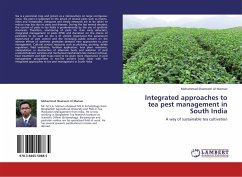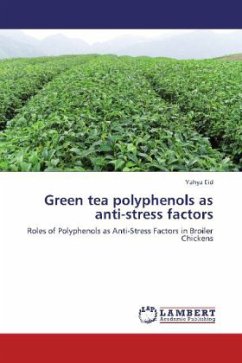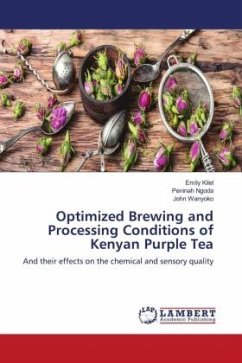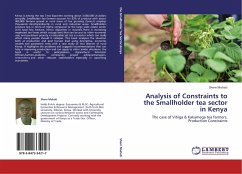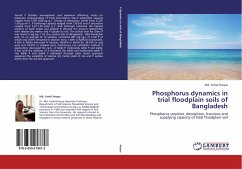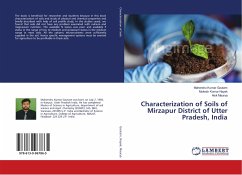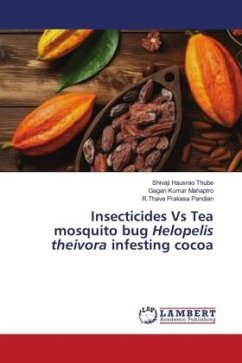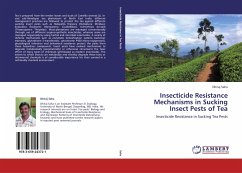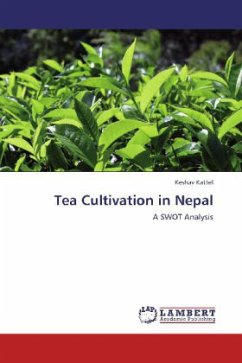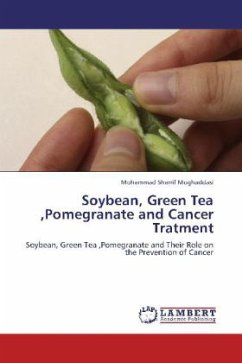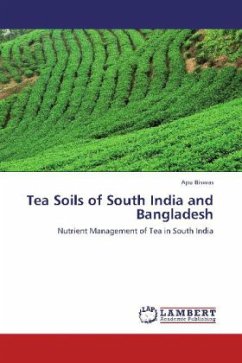
Tea Soils of South India and Bangladesh
Nutrient Management of Tea in South India
Versandkostenfrei!
Versandfertig in 6-10 Tagen
32,99 €
inkl. MwSt.

PAYBACK Punkte
16 °P sammeln!
A comparative study on the physico-chemical properties of tea soils of south India and Bangladesh with special emphasis on nutrient management of tea in south India was done to know about the fertility status of the tea soils of south India and Bangladesh which is directly related to the soil physical and chemical properties and also the fertilizer application rate and process in south India. During this comparative study physico-chemical properties of tea soils of south India related information was compiled from different published book, journals, research articles of the UPASI tea research ...
A comparative study on the physico-chemical properties of tea soils of south India and Bangladesh with special emphasis on nutrient management of tea in south India was done to know about the fertility status of the tea soils of south India and Bangladesh which is directly related to the soil physical and chemical properties and also the fertilizer application rate and process in south India. During this comparative study physico-chemical properties of tea soils of south India related information was compiled from different published book, journals, research articles of the UPASI tea research foundation while Bangladesh tea soils related information was compiled from the published book, journal, research articles of Bangladesh Tea Research Institute. Here some unpublished analytical data on the nutrient status of tea soils of Bangladesh which was compiled from the BTRI analytical report was discussed. Tea is grown in highly weathered, leached soils that are distinctly acidic. It contains predominantly kaolinite type of clay which lack fixation sites. Tea soils of south India contain large amounts of free sesquioxides and phosphorus fixation is very strong.



